The Chevrolet L72 427 is a legendary big-block engine that powered some of the most iconic muscle cars of the 1960s. Known for its impressive horsepower and performance, the L72 427 has become a highly sought-after piece of automotive history. Exploring the era of its production reveals why it remains a beloved engine among enthusiasts and collectors alike.
The Birth of the L72 427 Engine
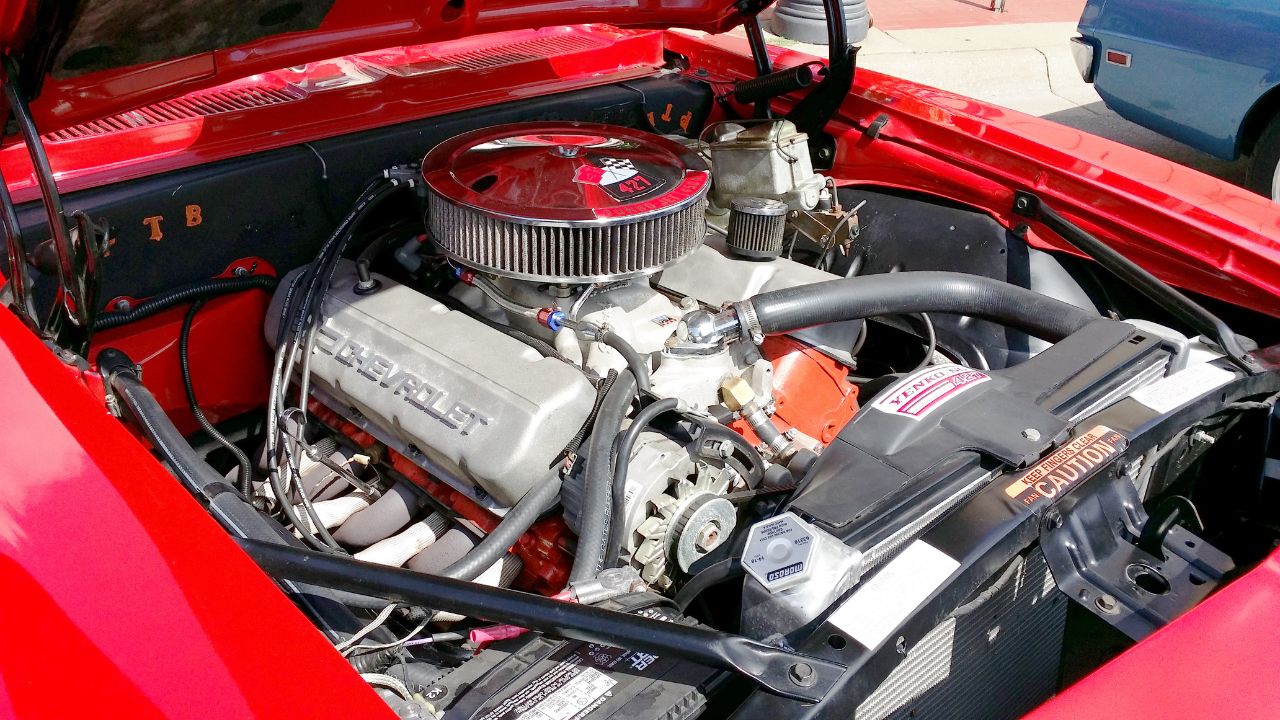
The L72 427 engine came into existence in the mid-1960s as Chevrolet sought to dominate the high-performance market. During this period, American automakers were fiercely competing to produce the most powerful and fastest vehicles. Chevrolet’s engineering team was tasked with developing a big-block engine that could compete with the best in the industry. The result was the L72 427, which quickly garnered attention for its exceptional power output and reliability.
First introduced in 1966, the L72 427 made its debut in Chevrolet’s full-size models, including the legendary Corvette. This strategic decision to equip flagship models with the L72 427 was crucial in establishing Chevrolet’s reputation as a leader in the muscle car segment. The 1966 Chevrolet lineup marked a turning point, as the L72 427 set new standards for performance and became a benchmark for future engine designs.
Performance and Specifications
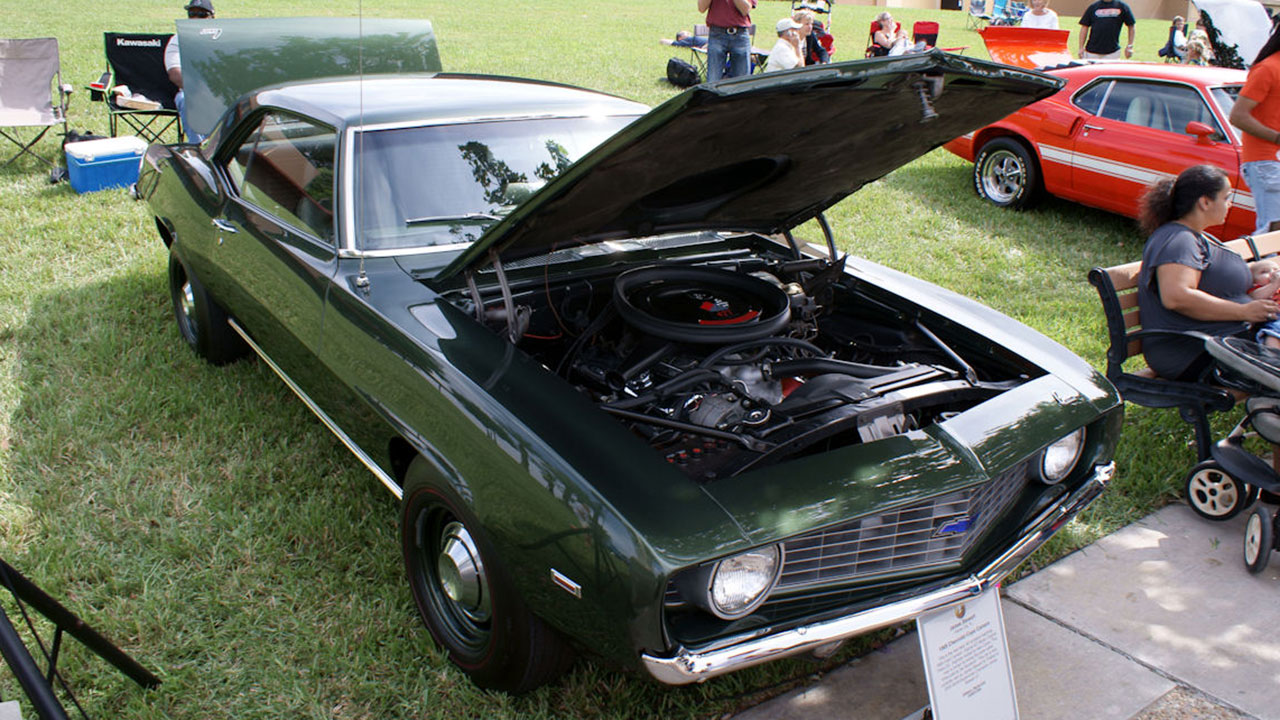
The technical specifications of the L72 427 engine were impressive for its time. Officially rated at 425 horsepower and 460 lb-ft of torque, the L72 427 was a powerhouse that delivered exhilarating performance. Its high-performance camshaft, forged steel crankshaft, and large valves contributed to its remarkable output. Comparatively, the L72 427 outshined many of its contemporaries, including Ford’s 427-cubic-inch engine, making it a favorite among speed enthusiasts.
The impact of the L72 427 on muscle car culture cannot be overstated. It played a pivotal role in shaping the design and performance of 1960s muscle cars, influencing subsequent generations of automotive engineering. The engine’s reputation for speed and power helped cement the era’s identity, fostering a culture of performance that endures to this day. Its legacy continues to inspire modern automotive designs and innovations.
Models Featuring the L72 427

Several iconic Chevrolet models were fitted with the L72 427 engine, making them highly desirable among collectors. Notable vehicles include the Chevrolet Corvette, Chevelle, and Biscayne. The Corvette, in particular, benefited greatly from the L72 427, as it transformed the model into a serious performance contender. The combination of the L72’s power and the Corvette’s sleek design resulted in a car that was both visually striking and mechanically superior.
Special editions and variants of these models further amplified the appeal of the L72 427. A prime example is the Yenko-modified Chevelles, which included performance enhancements that pushed the engine’s capabilities even further. These tuned versions became legends in their own right, with enthusiasts flocking to acquire them for their unique combination of power and exclusivity. The Yenko Chevelle variants in particular are celebrated for their remarkable performance and collectibility.
Market Value and Collectibility Today
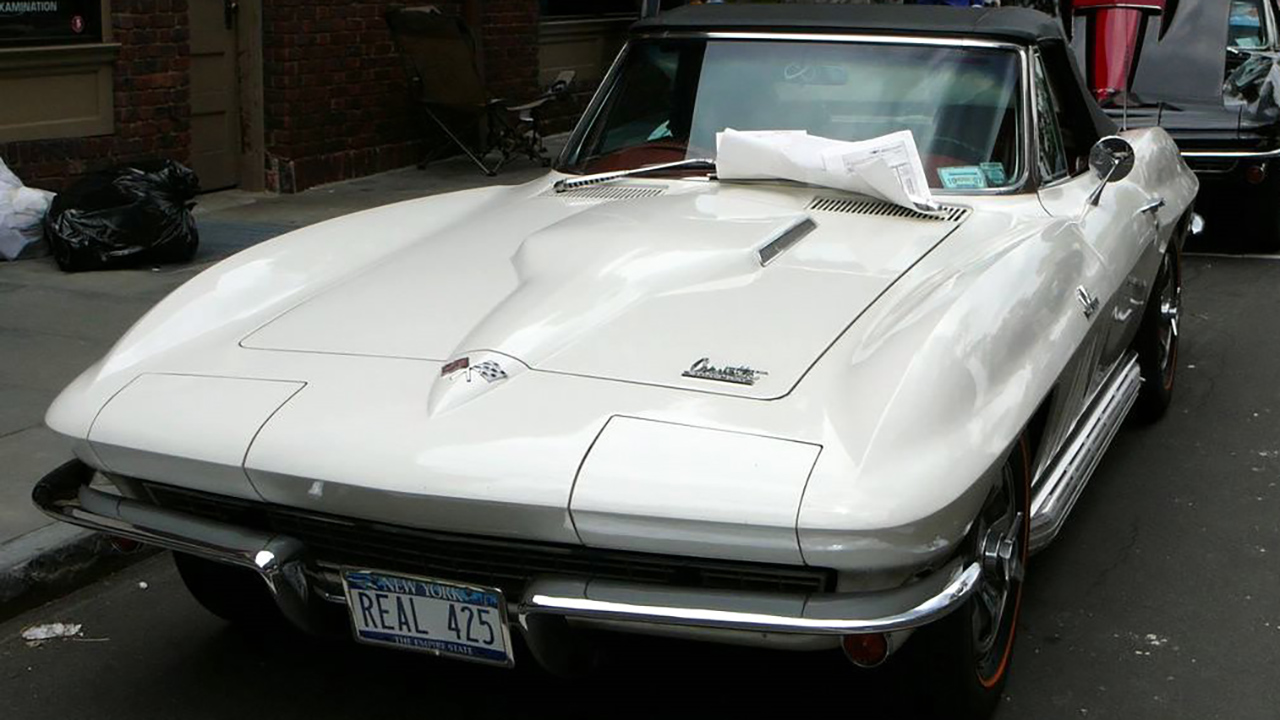
The current market value of vehicles equipped with the L72 427 engine reflects their historical significance and desirability. Prices for well-preserved examples can vary widely, with factors such as condition, rarity, and provenance playing a significant role in determining their worth. A pristine 1966 Corvette with an L72 427 engine, for instance, can command a substantial premium in the collector market. The value of these cars continues to rise as demand for classic American muscle cars grows.
Collector interest in the L72 427 remains robust, with enthusiasts eager to own a piece of automotive history. The engine’s legendary status and limited production numbers contribute to its allure, ensuring its place in the pantheon of classic car icons. Looking ahead, the market for L72 427-equipped vehicles is expected to experience continued appreciation, driven by a combination of nostalgia and the enduring appeal of 1960s muscle cars.
Restoration and Ownership Considerations

Restoring a vehicle equipped with an L72 427 engine presents unique challenges and costs. Given the engine’s age and the potential scarcity of original parts, restoration efforts require careful planning and expertise. Enthusiasts undertaking such projects must often source components from specialized suppliers or rely on custom fabrication to ensure authenticity. The costs associated with restoration can be significant but are often justified by the resulting increase in the vehicle’s value and performance.
Ownership of an L72 427-equipped vehicle offers a thrilling and rewarding experience. Current owners frequently share testimonials highlighting the joy of driving these powerful machines. The combination of raw power and vintage charm creates an unmatched driving experience that continues to captivate enthusiasts. For prospective buyers, owning an L72 427 vehicle represents an opportunity to connect with a storied era of automotive history. Those interested in purchasing such a vehicle are advised to conduct thorough research and consider factors such as provenance, condition, and muscle car culture trends to make informed decisions.
Like Fast Lane Only’s content? Be sure to follow us.
Here’s more from us:
*Created with AI assistance and editor review.

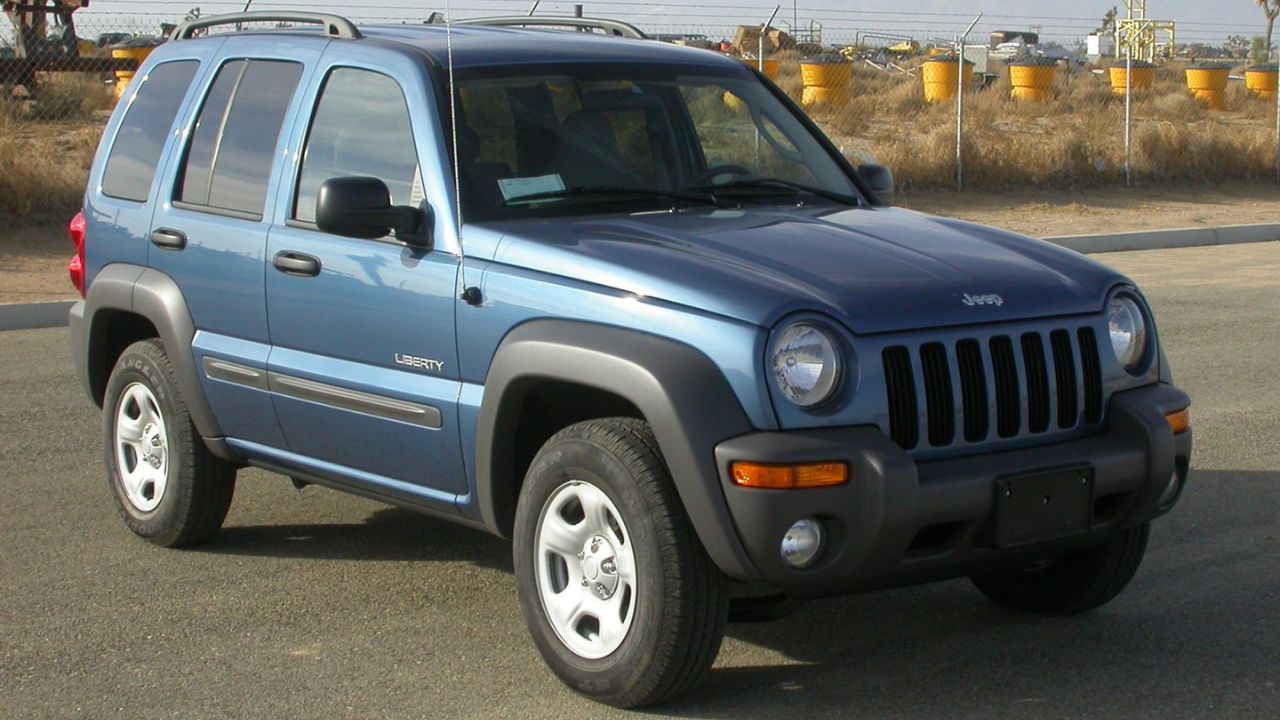
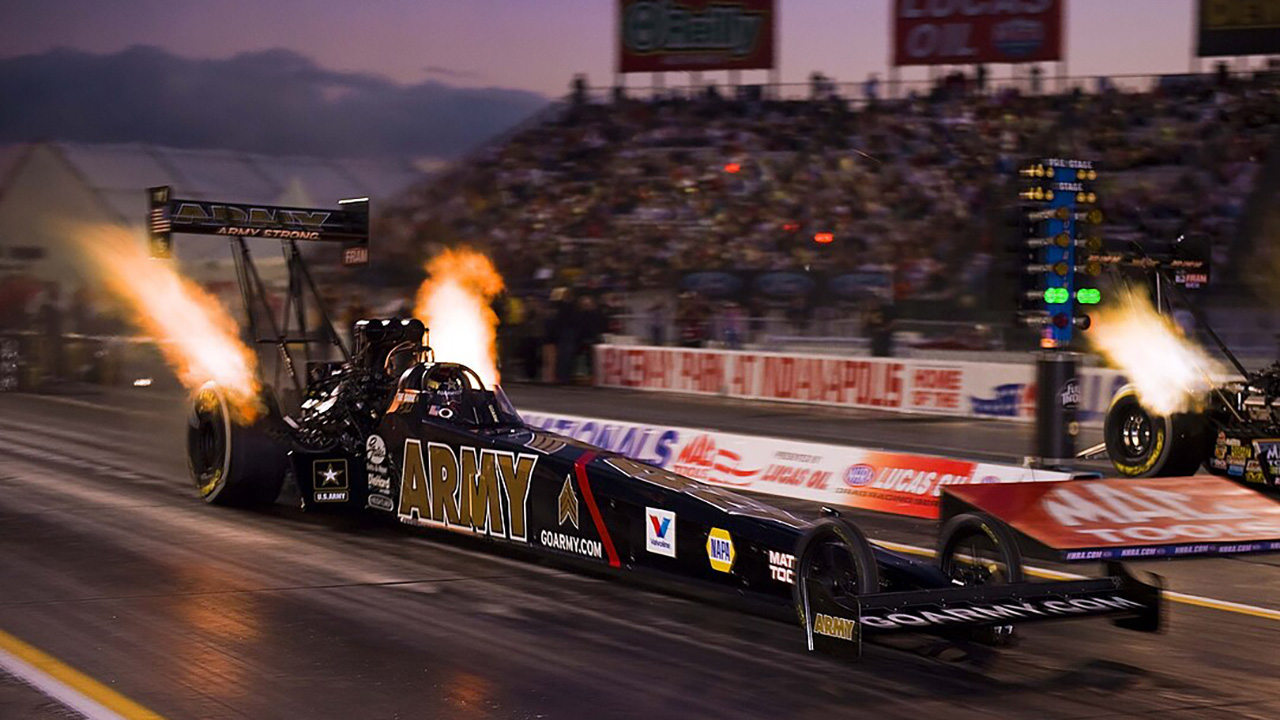
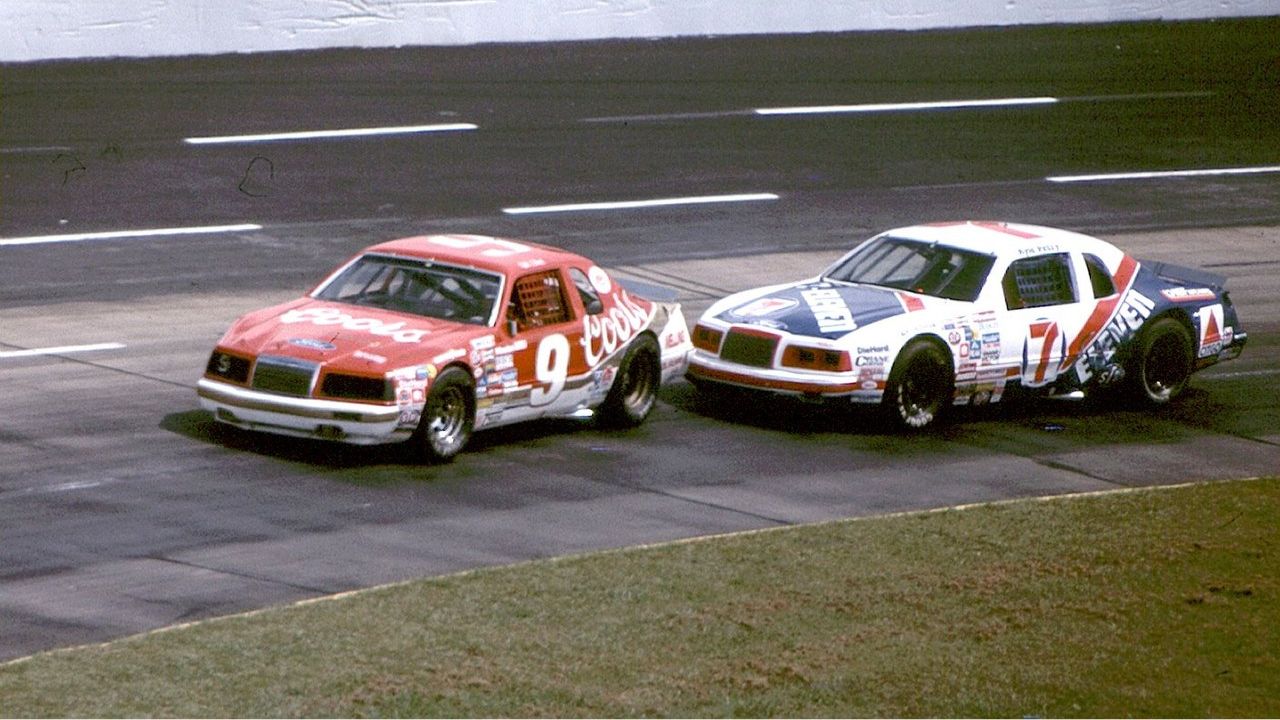
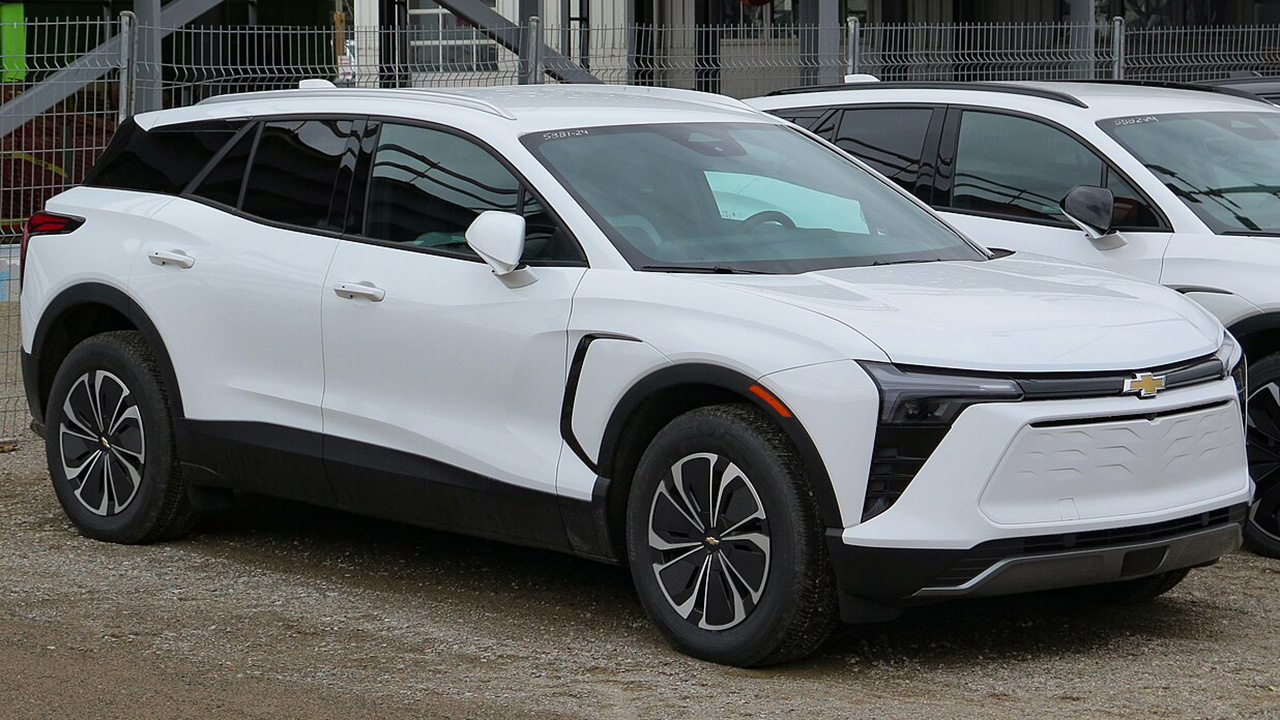
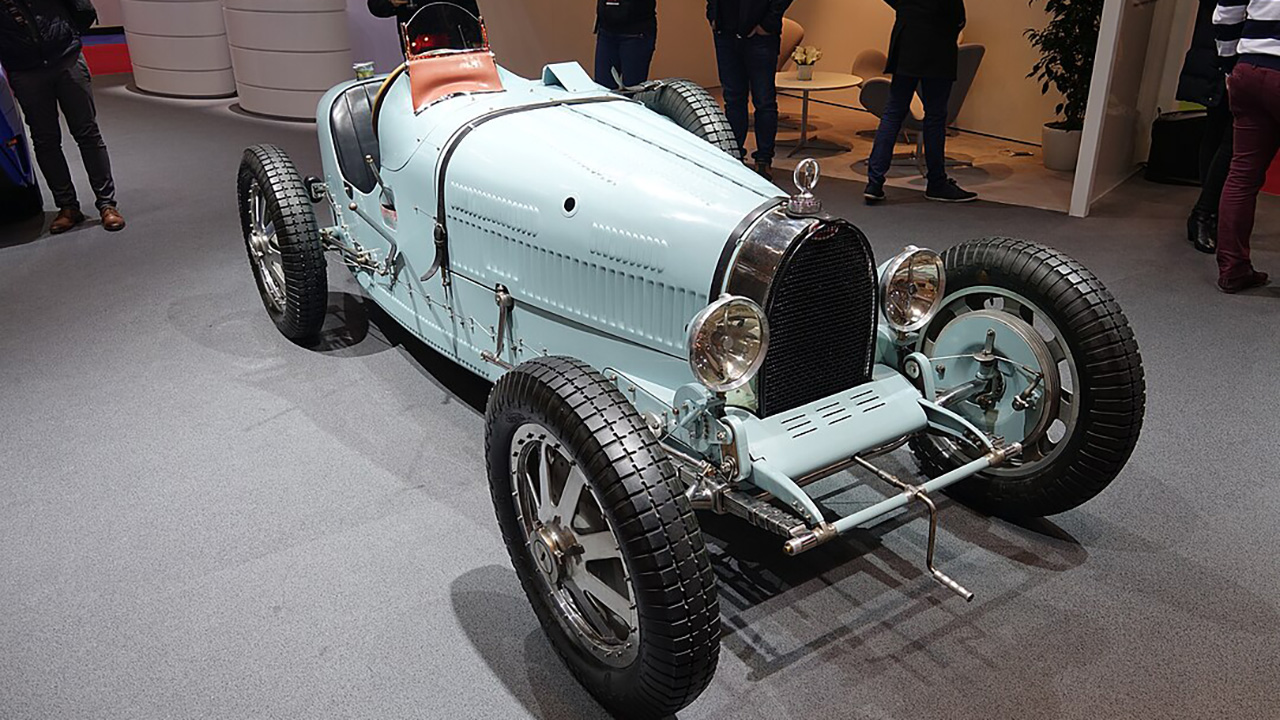
Leave a Reply